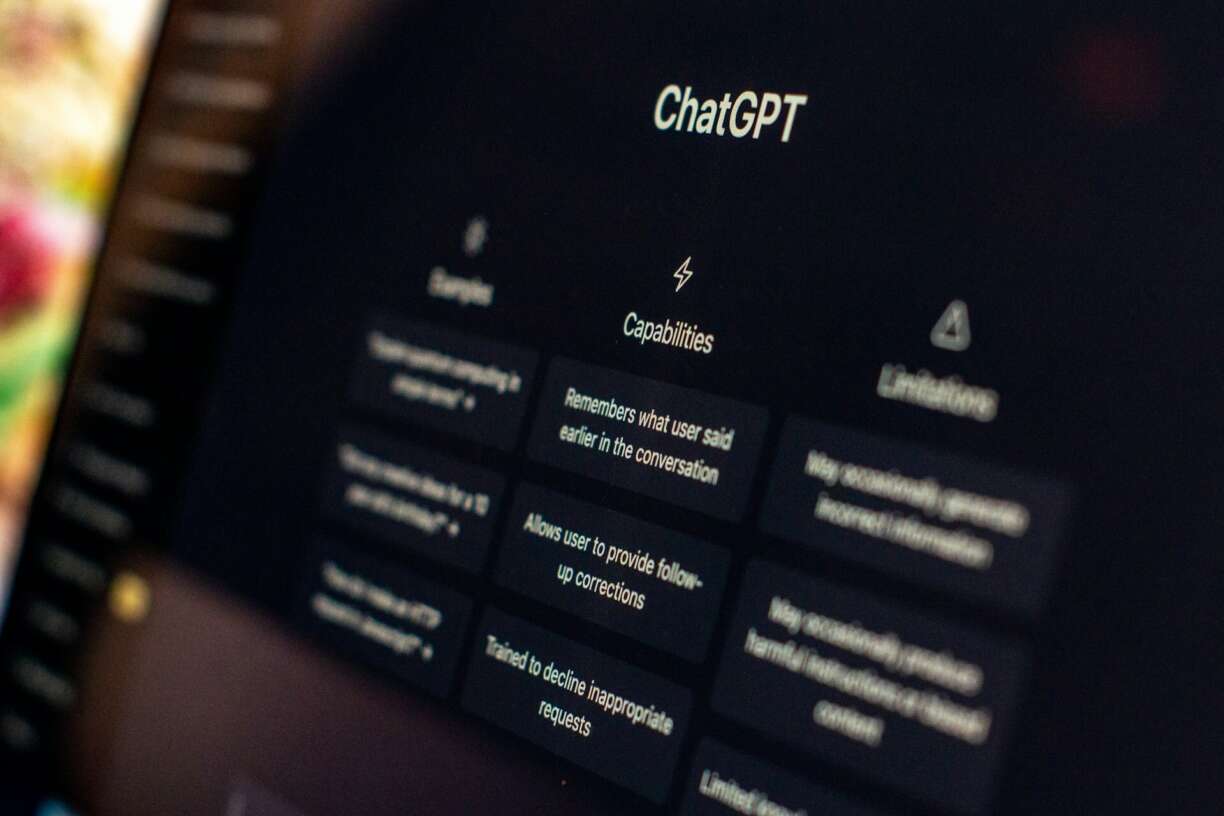February 24, 2025

For political campaigns, Artificial intelligence (AI) has introduced both innovative strategies and pressing concerns about transparency. Recognising the need for clarity, a dedicated team including postdoctoral researcher Fabio Votta has developed the CampAIgn Tracker, a tool designed to detect and analyze AI-generated content in the 2025 German federal election.
The CampAIgn Tracker monitors Facebook and Instagram posts, including paid advertisements, from political parties and leading candidates. Its primary objectives are to identify AI-generated images and videos, assess their frequency across different parties, verify proper labeling, analyze the themes, and evaluate the sentiment conveyed in these messages.
Employing a semi-automated AI detection system, the tracker scrutinizes over 3,000 party accounts, ranging from national leadership to local branches. To ensure accuracy, detected content undergoes manual validation by trained experts.
Preliminary findings reveal that AI-generated posts remain relatively uncommon, with only 73 instances identified to date. Notably, these posts often depict ordinary individuals rather than politicians, and smaller parties utilise AI-generated content more frequently in proportion to their total number of posts. A significant concern is that 86% of these AI-generated posts lack proper labeling, underscoring the urgency for enhanced transparency in political communications.
The inception of the CampAIgn Tracker traces back to the Politechathon in mid-December 2024, organised by the Baden-Württemberg Stiftung. The team—comprising of Dr. Fabio Votta, Dr. Simon Kruschinski, Miriam Runde, Theresa Schültken, Jakob Scherer, and was honored with the “Media Literacy” award, which provided essential funding to develop and launch the tracker ahead of the upcoming election. The project also benefits from the support of Who Targets Me, an organisation committed to transparency in digital campaigning.
As AI continues to influence political campaigns, tools like the CampAIgn Tracker play a crucial role in promoting transparency and accountability. The broader implications of AI’s role in shaping public opinion and the ethical considerations surrounding its use in politics warrant ongoing public discourse and scrutiny.
You can find the CampAIgn Tracker here.
More results /
 Je medisch dossier inladen in nieuwe functie ChatGPT? Denk 10.000 keer na
Je medisch dossier inladen in nieuwe functie ChatGPT? Denk 10.000 keer na
By Natali Helberger • January 19, 2026
By Roel Dobbe • November 24, 2025
By Roel Dobbe • November 12, 2025
 Combatting financial crime with AI at the crossroads of the revised EU AML/CFT regime and the AI Act
Combatting financial crime with AI at the crossroads of the revised EU AML/CFT regime and the AI Act
By Magdalena Brewczyńska • January 16, 2026
By Sabrina Kutscher • July 02, 2025
By Natali Helberger • March 06, 2025
By Maurits Kaptein • June 06, 2025
By Leonie Westerbeek • November 22, 2024
By Agustin Ferrari Braun • January 29, 2026
By Fabio Votta • November 05, 2025







